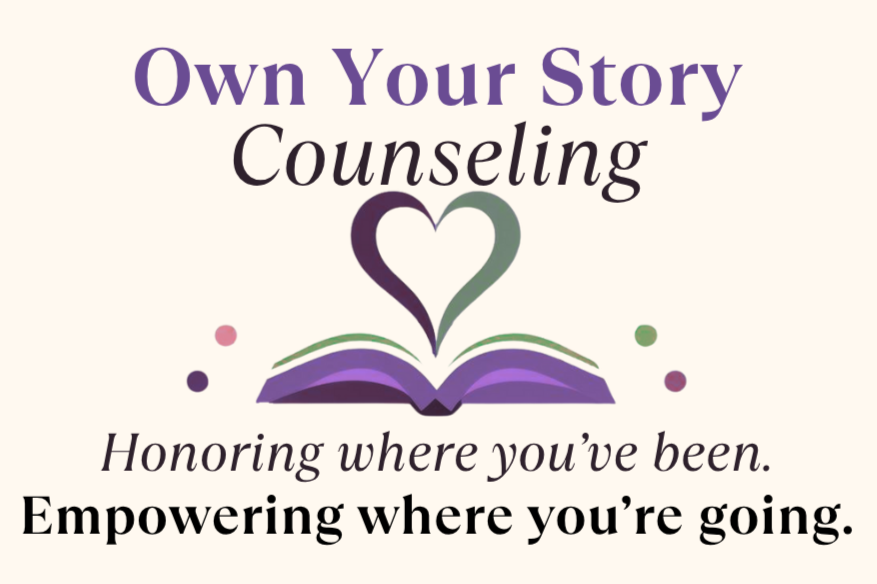Learning to Trust Yourself Again
If you’ve ever asked five friends what you should do before trusting your own gut, you’re not alone.
So many of us struggle to trust ourselves. Maybe you grew up with criticism or doubt that made you second-guess your instincts. Maybe a relationship or job taught you that your feelings weren’t valid. Over time, that internal compass gets quiet, and suddenly every decision feels like a test you can fail.
Why Self-Trust Matters
Trusting yourself doesn’t mean you always make the perfect choice. It means believing you can handle whatever comes next. It’s knowing you’ll show up for yourself no matter what happens.
Without self-trust, even small choices feel paralyzing. You start to outsource your intuition, scanning for approval or “right answers.” But self-trust is like a muscle, it strengthens with use.
Rebuilding That Relationship
Start with curiosity, not criticism. When you doubt yourself, pause and ask, “What am I afraid will happen if I trust my gut?” Understanding your fear is more effective than judging it.
Celebrate evidence. Think back to times when listening to your instincts led you somewhere good. Write them down. Those memories become proof that your inner voice can be trusted.
Give yourself permission to get it wrong. Perfection isn’t the goal; self-compassion is. Mistakes don’t erase your wisdom — they deepen it.
The Gentle Truth
You’ve spent years learning to second-guess yourself, it’s okay if rebuilding that trust takes time. Start small. Order the meal you actually want. Speak up in the meeting. Say no when you need to. Each small act is a quiet vote of confidence in yourself.
If you’re ready to stop doubting yourself and start trusting your own voice again, therapy can help you reconnect with your intuition and confidence. Schedule a session and let’s rebuild that inner trust together.
